Subtotal: $20.90
National Movement and Empowerment of Women
In stock
The present book seeks to explore new perspectives on political activism of women in the United Provinces. The relationship between levels of education and nationalist activity of women in the United Provinces has been studied in some detail in the book along with the reciprocal relationship between periods of heightened nationalist agitation and the rise in and extension of educational attainments. The social depth of the national movement, particularly its penetration into ‘ordinary’ and ‘middle-class’ families, sometimes ‘untouchable’ households, is also clearly visible from the many instances cited in the book.
Another dimension of political activism of women in the United Provinces studied in the book is the focus on detailed consideration of four specific districts, namely Allahabad, Lucknow, Agra and Almora, each representing four different regions (eastern, central, western and northern) of the Provinces.
A significant section of the book deals with the legislative and deliberative work performed by the women in the Provincial Legislative Assembly between 1937 and 1939. Contrary to the accepted thesis that they did nothing extraordinary in the Assembly, the study tries to show that their performance was quite out of the ordinary, particularly in terms of defining and defending nationalism against prejudiced attacks of their opponents and helping in formulating policies. Considering the fact that the women members are only thirteen in number (out of a total 228), their achievements are truly noteworthy.
The book points out the positive nature of the participation of women in the nation-building process in the United Provinces.

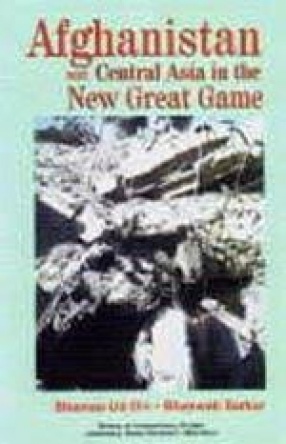 Afghanistan and Central Asia in the New Great Game
Afghanistan and Central Asia in the New Great Game 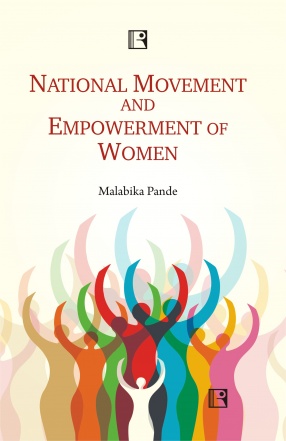
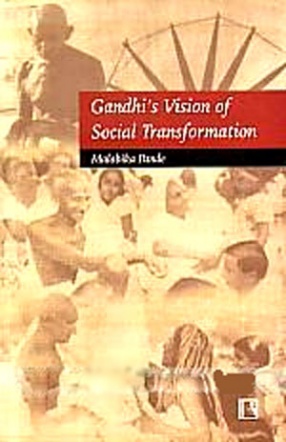
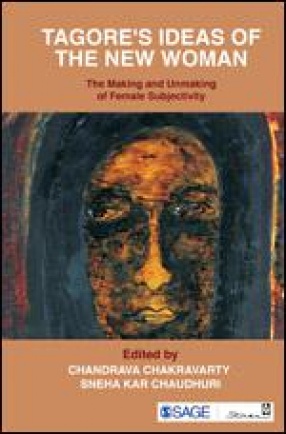
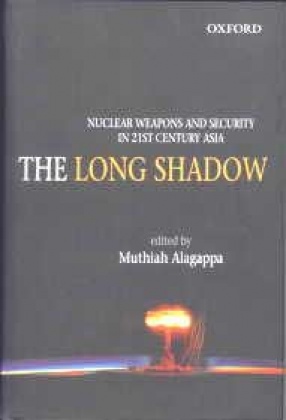
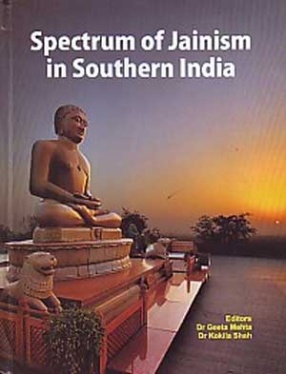
There are no reviews yet.